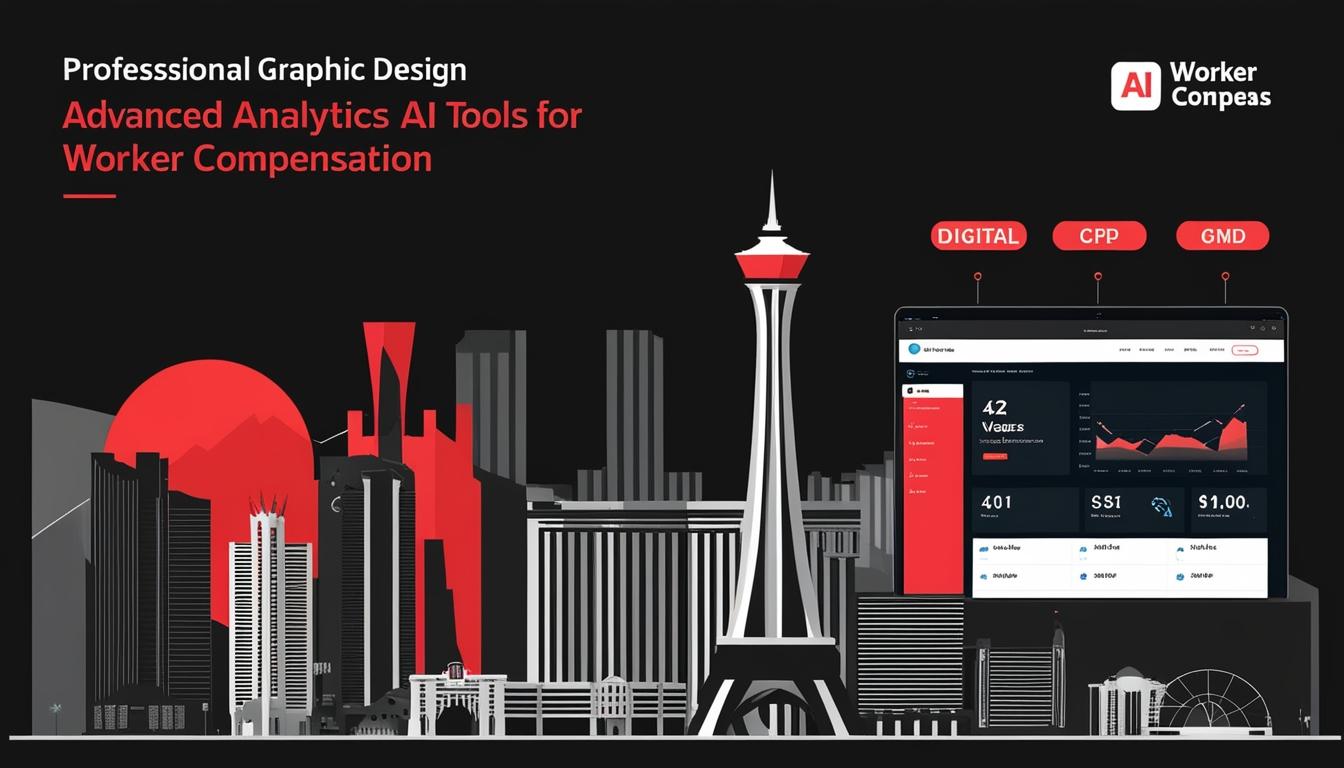More than 500 workers’ compensation professionals gathered insights from a recent survey conducted by Risk & Insurance, highlighting the evolving landscape of advanced technologies in the industry. The survey, held during the National Comp conference in Las Vegas from October 15-17, 2023, and continued online subsequently, focused on the pressing challenges within the sector, revealing a significant shift towards the adoption of emerging technologies.
The findings indicate that over 62% of respondents believe that advanced analytics, machine learning, and artificial intelligence tools will aid in identifying instances of workers’ compensation fraud, while another 53.54% view these technologies as beneficial for managing and summarising medical notes. This growing optimism reflects a larger trend in the industry, as professionals seek to address operational challenges through technological innovation.
According to the survey, workers’ compensation litigation emerged as the foremost concern among participants, with 61% listing it as their top priority, an increase from 47% the previous year. The rising costs of legal defence and jury verdicts are seen as primary factors contributing to this heightened anxiety among industry professionals.
Health care provider shortages, which previously topped the list, have now been identified as the second most pressing concern, with 58% of respondents citing it. The report from McKinsey estimates a shortfall of 64,000 physicians in the U.S. by year-end, a worrying trend exacerbated by retirements and burnout within medical professions. Rural areas particularly suffer from insufficient staffing, resulting in a significant gap in medical specialist availability.
Another notable concern highlighted in the survey is the issue of comorbidities and social determinants of health. More than 58% of respondents listed poor worker health among their top challenges, illustrating a growing awareness that chronic conditions complicate treatment and recovery for injured workers.
Mental health issues have also risen to prominence, securing a place as the fourth top challenge, with over 53% of professionals expressing concern. This is particularly relevant for claims involving first responders dealing with conditions like PTSD, something that several states are attempting to address legislatively.
The impact of inflation has also registered as a concern for nearly 51% of participants, reflecting a broader economic landscape that is affecting costs in every sector, including medical and pharmaceuticals. The survey revealed a marked increase in focus on utilising network providers for medical management, with more than 43% of respondents considering this a major priority.
Other significant issues identified include complex claims, with over 50% ranking it as a primary concern, and recruitment and retention challenges within the industry. This latter issue, although still prevalent, has seen some improvement in recent years due to expanded benefits and educational programs aimed at attracting talent.
Workplace safety challenges and regulatory inconsistencies were also listed, with 41.16% of respondents acknowledging new regulations as a substantial concern. However, operational and technological inefficiencies, while still a concern, have dropped to the bottom of the list, indicating improvements in processes across the industry.
The survey results underscore a clear trend towards integrating technology solutions to tackle the myriad challenges faced by workers’ compensation professionals. The top technological tools anticipated to play an essential role moving forward are claims process automation, ranked by 59.62% of respondents, followed by telemedicine (50.23%) and predictive analytics (41.55%).
In light of the evolving challenges and the adoption of advanced technologies, industry leaders remain focused on optimising claims processes and enhancing operational efficiency. They consider these developments vital for improving medical management programs. This commitment aligns with a broader goal: ensuring that injured workers can return to productive lives that hold personal significance.
As the industry continues to navigate these trends, professionals are encouraged to stay informed on developments, with the full survey report set to be published in February, allowing deeper insight into the landscape of workers' compensation and the role of emerging technologies therein.
Source: Noah Wire Services
